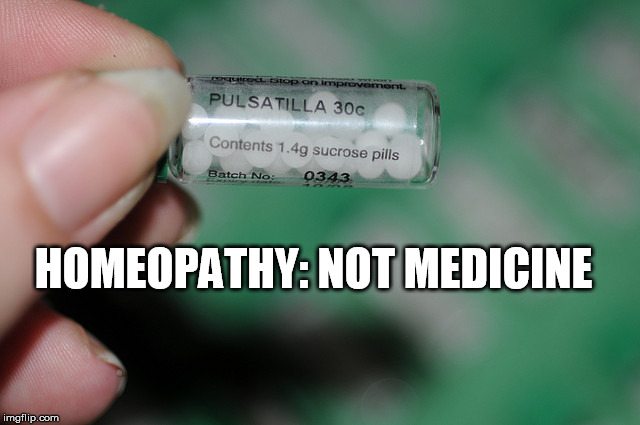
Is something better than nothing? The many ineffective ways we treat nocturnal leg cramps
While leg cramps won't kill you, they can make you miserable when you are trying to sleep. There's not much evidence for effective treatments, and there are far more proposed treatments than there is evidence.

Are drug expiry dates really a myth?
Are drug expiry dates just an industry ploy to keep you buying new bottles of medicine?

Australian review: Get homeopathy out of pharmacies
An independent review of Australian pharmacy practice has recommended that homeopathic products be kept out of pharmacies.

Adrenal fatigue: A fake disease (updated)
“Adrenal fatigue” is not a real medical condition, but some claim it is real and that medicine is ignoring it. What does the science say?

A closer look at penicillin allergies
While many people believe they may be allergic to penicillin, few actually are. The consequences may be serious.

A closer look at generic drugs
In the struggle to contain growing healthcare costs, generic drugs have the potential to save millions. What gives us confidence they are equivalent to brand-name drugs?

Anti-inflammatory drugs and heart attacks: How real are the risks?
A new study provides more evidence that anti-inflammatory drugs like naproxen and ibuprofen cause small but real increases in the risk of heart attacks.

The Medical Medium’s Thyroid Pseudoscience
Anthony William calls himself a "Medical Medium". He has no medical expertise, but he provides medical advice based on claimed communication with the spirit world. What could possibly go wrong?

Overtreating the thyroid
For decades there's been debate about whether thyroid medication is necessary for a mild form of thyroid dysfunction. A new trial helps answer that question.

Ignorance is Strength?
Findings from a recent consultation suggest that consumers don't want health claims to be supported by evidence. Do consumers really prefer ignorance over evidence? Or is this the product of a industry campaign to derail new, science-based regulations?

